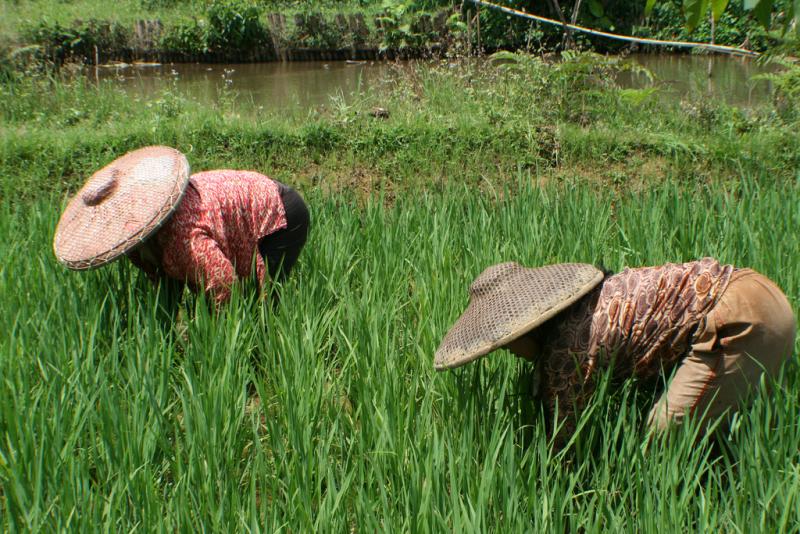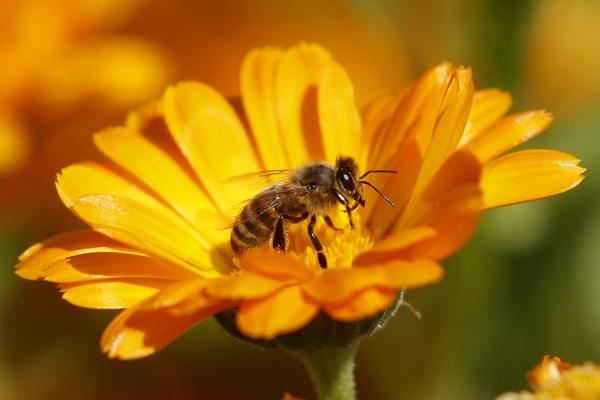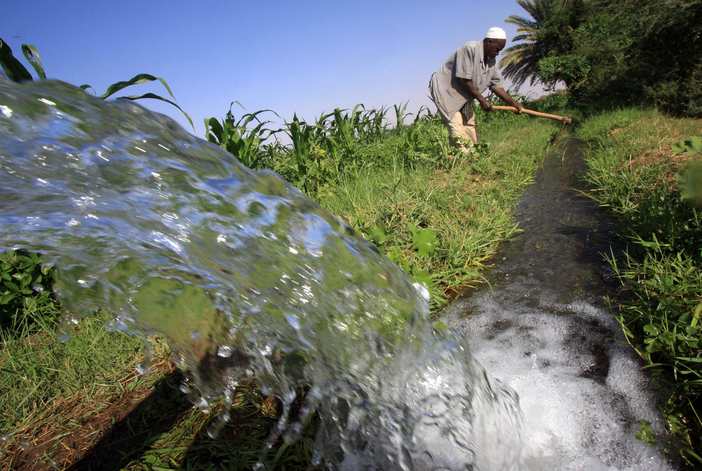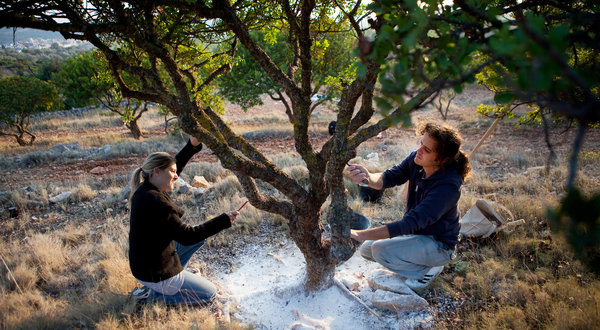You are here
Fri, 2009-05-08 10:00 — mdmcdonald
The mission of this Working Group is explore new directions in Agriculture and Food Security.
General Topic Tags:
Problem, Solution, SitRep, or ?:
Group:
Group description:
This Working Group is focused on Agriculture and Food Security.
Group visibility:
Public - accessible to all site users
Add Content to this group
Members
| admin | Albert Gomez | Anthony | Carrielaj | ChrisAllen | Corey Watts |
| efrost | Elhadj Drame | gsharma | Hank Rappaport | John.R.Falco.VMD | jranck |
| Kathy Gilbeaux | Maeryn Obley | mdmcdonald | MDMcDonald_me_com | philippe.neeser | samanthadas |
| SmithShawn | SmShako | TacarraB | TheresaBernardo |











Recent Comments